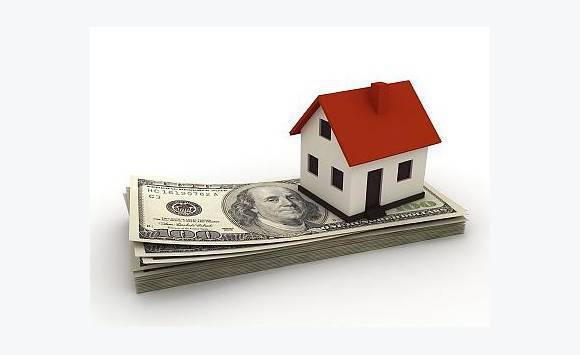Awhile back we had dinner with two other couples and we were decidedly the youngest people there. And we’re not exactly spring chickens. The host was a retired banker and the subject of personal finance came up, of course. He started talking about reverse mortgages and how they were a great tool in some cases, and the other couple – coincidentally just the right age to get marketed to for reverse mortgages – perked their ears right up and they wanted to know more. The interesting thing was, those two couples knew each other well, and we didn’t really know either one. But I could tell our host believed in reverse mortgages and was straight up selling to the other couple. I knew nothing of their situation but my heart hurt for them, for what their friend was about to get them into. Our opinion was not asked; after all, surely the banker was “the expert”.
 A reverse mortgage is a financial product sold to older homeowners who are short on cash – half the people who get them say they have financial difficulties. The banks will tell you that it’s a way to “get income from your home, while still living in your home” but all it really is is a home loan that, when the last borrower dies, the mortgage company gets your home. (Yes your heirs can pay the loan back and keep the home but that rarely happens because often there is more owed on the loan than the home is worth)
A reverse mortgage is a financial product sold to older homeowners who are short on cash – half the people who get them say they have financial difficulties. The banks will tell you that it’s a way to “get income from your home, while still living in your home” but all it really is is a home loan that, when the last borrower dies, the mortgage company gets your home. (Yes your heirs can pay the loan back and keep the home but that rarely happens because often there is more owed on the loan than the home is worth)
Your initial loan amount will be for about half the equity you have built up in your property, and it is generally paid out to you over time – less interest and fees. You must first complete a financial counseling class (not ours) when you apply for one, at your expense; the interest rates on these mortgages depend on your age but are currently almost twice the rate of a conventional mortgage. Currently, if you want a monthly income, you can only get that if you choose a variable interest rate. Variable interest rates on ANY loan are a bad idea because you have no control of when and to what level the loan will adjust up. The closing costs to get the loan are higher than conventional mortgages. In addition, there are usually ongoing costs such as mandatory Annual Mortgage Insurance and Servicing Fees.
On top of all this badness, you are still responsible for taxes, insurance, and upkeep on the property. If you fall behind on any of these, you can lose the home in foreclosure. Currently, 1 in 5 reverse mortgages – 20% – are foreclosed on!
So what is a person who has substantial equity in a home but has no money to do?
Well it’s an unfortunate position to be in. But the fact is, in that scenario you should consider selling the property and buying something cheaper with the proceeds, and use the remainder of the cash to supplement your income. At the very worst, you would be better off to take out a conventional mortgage. Lower closing costs, fewer fees, and for sure a lower interest rate.
But whatever you do, stay away from the Land of Stupid. Stay away from reverse mortgages.

Recent Comments